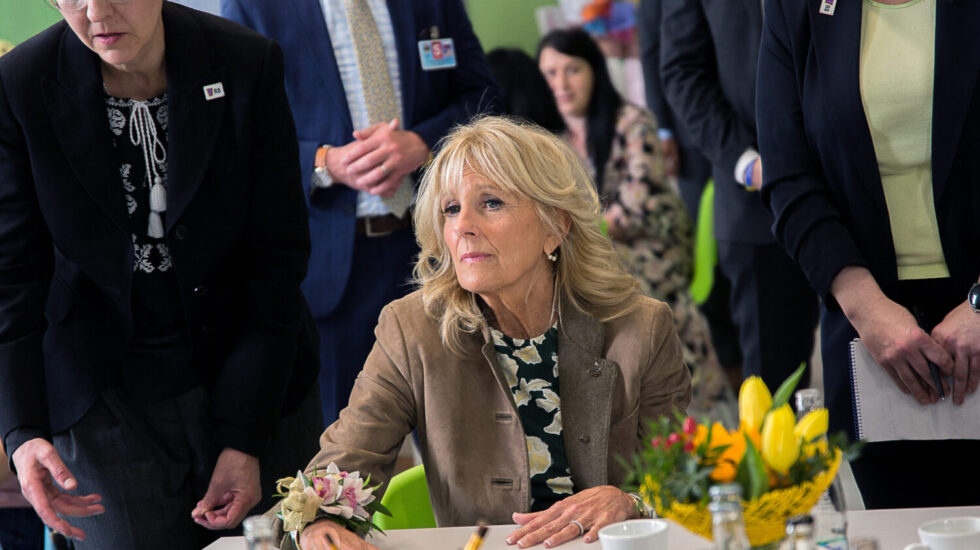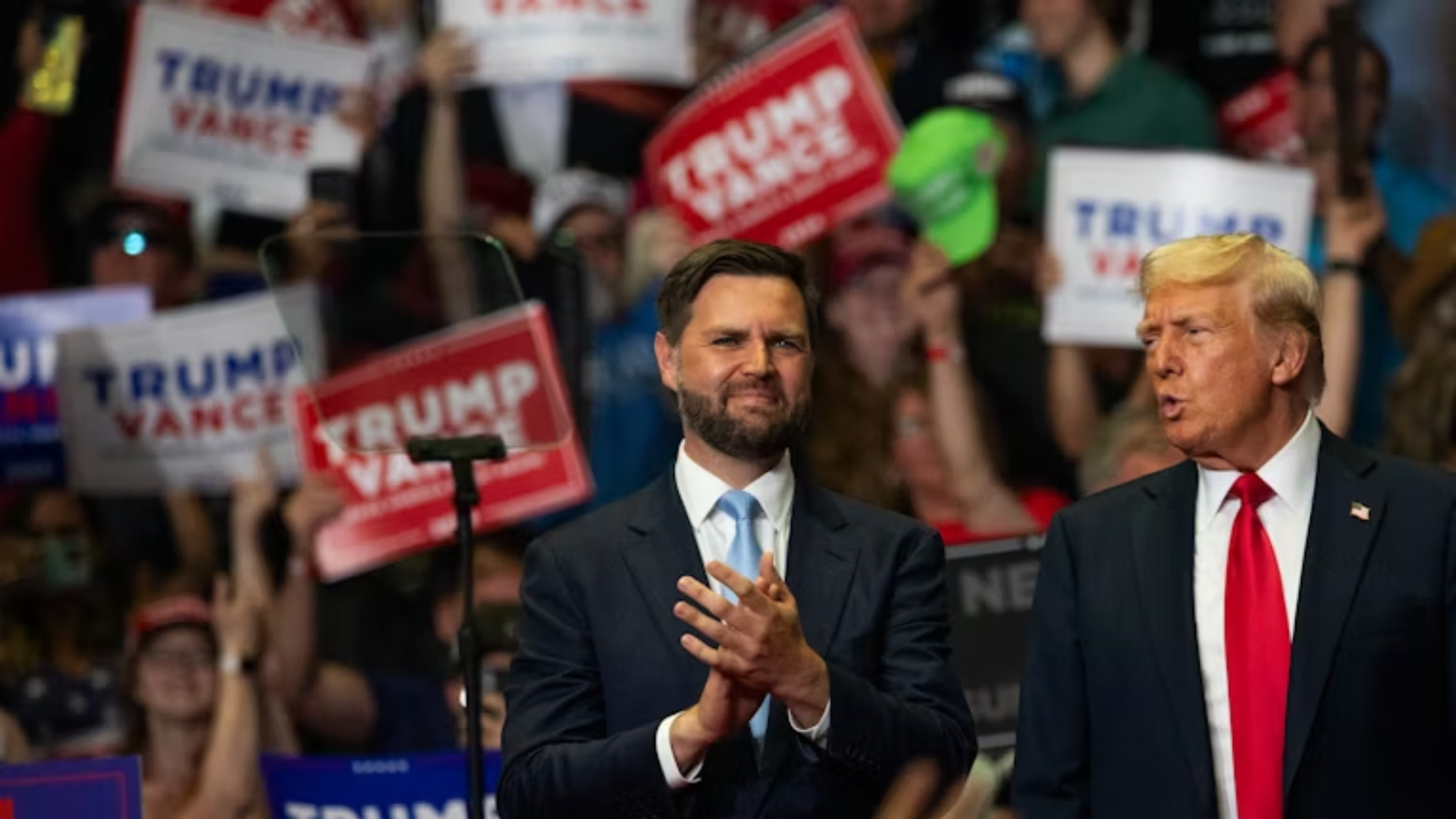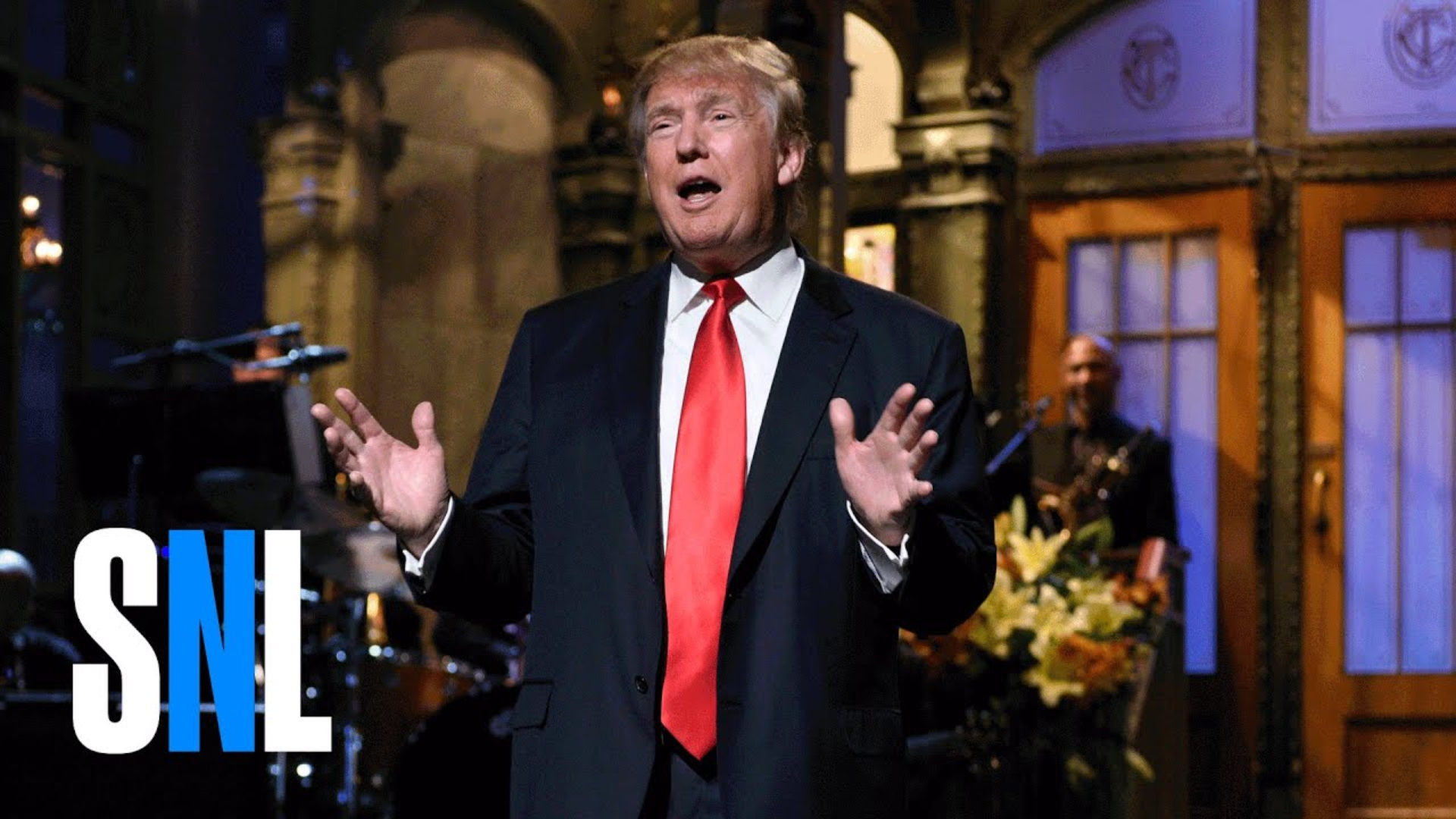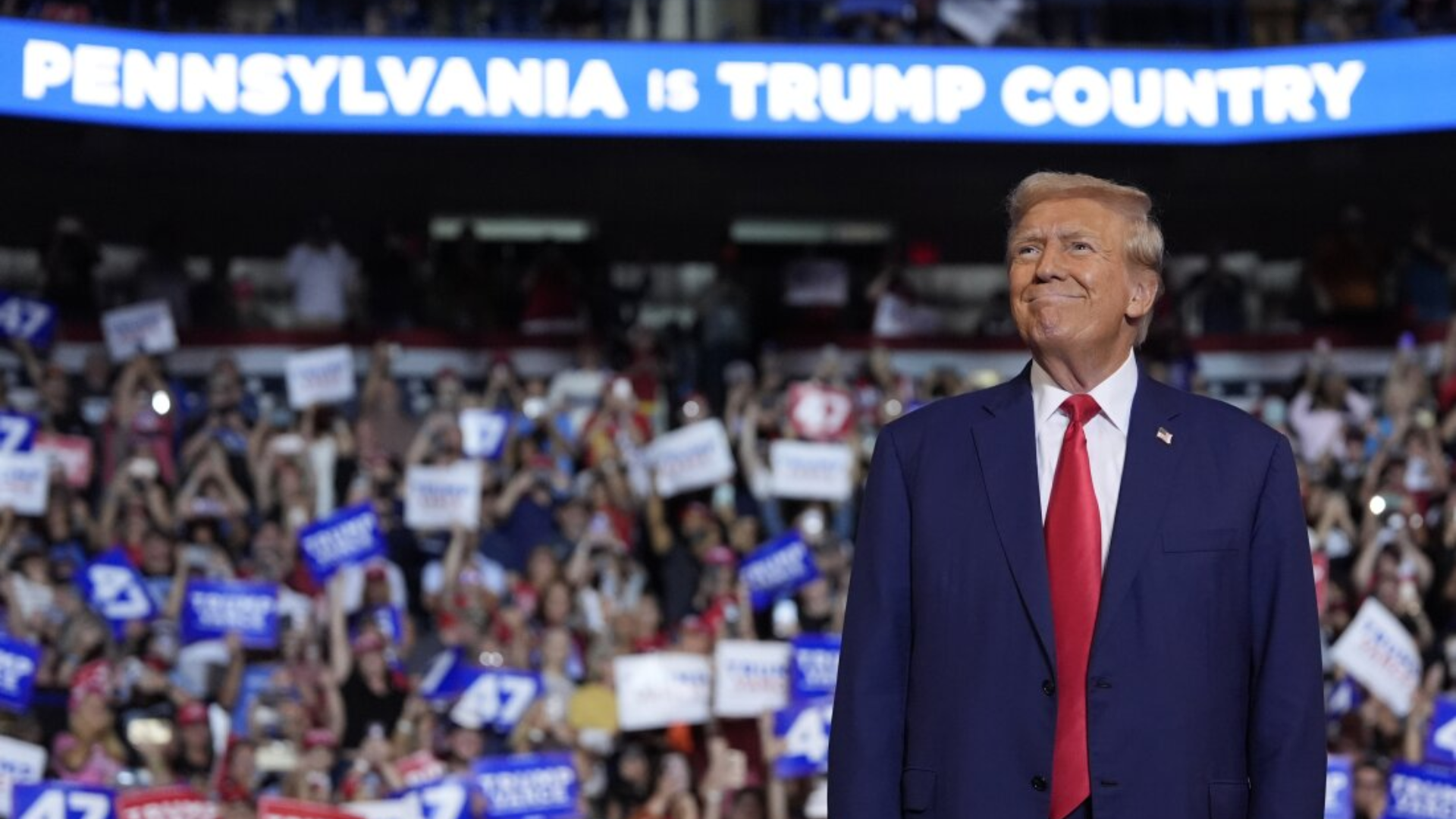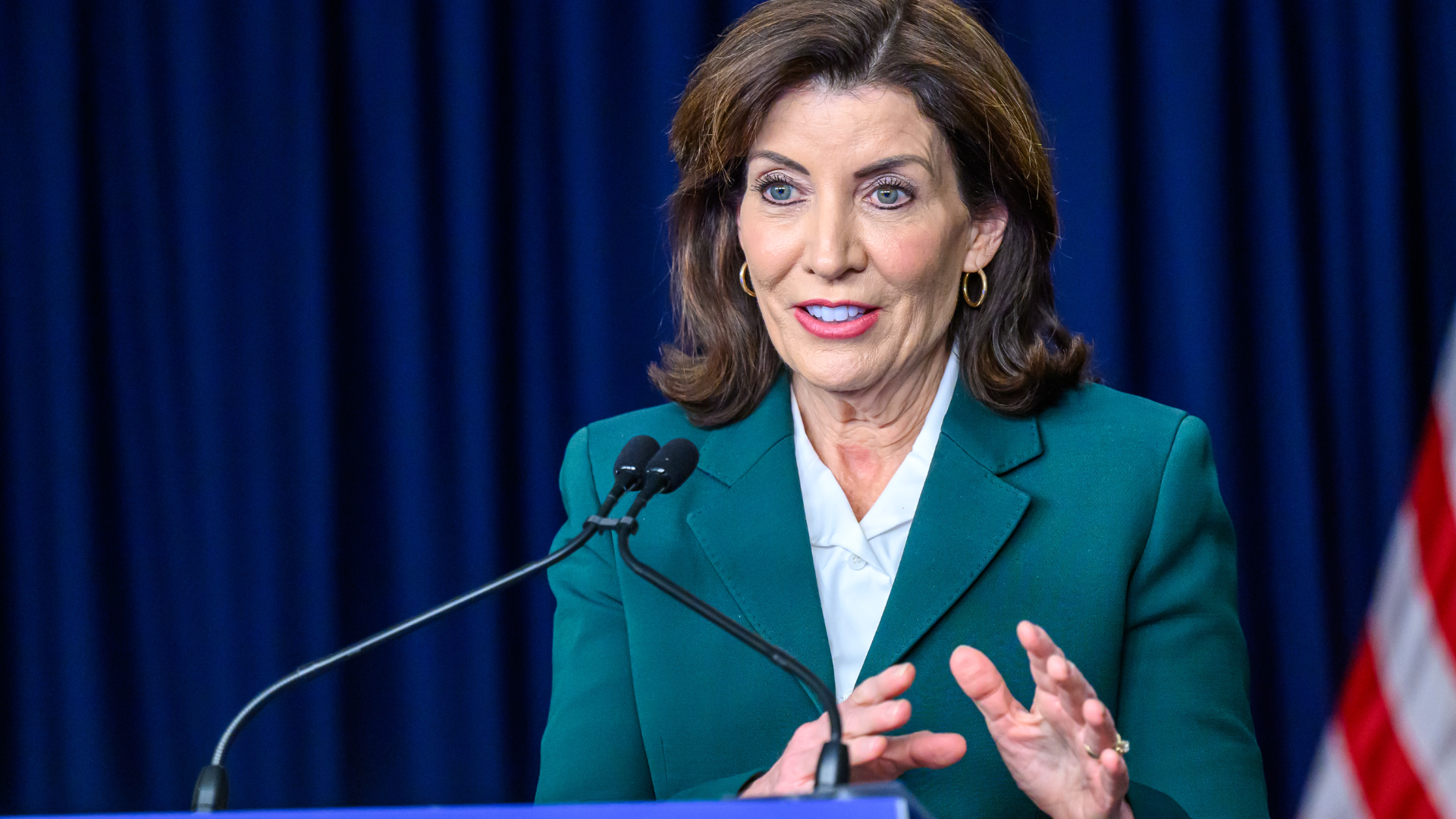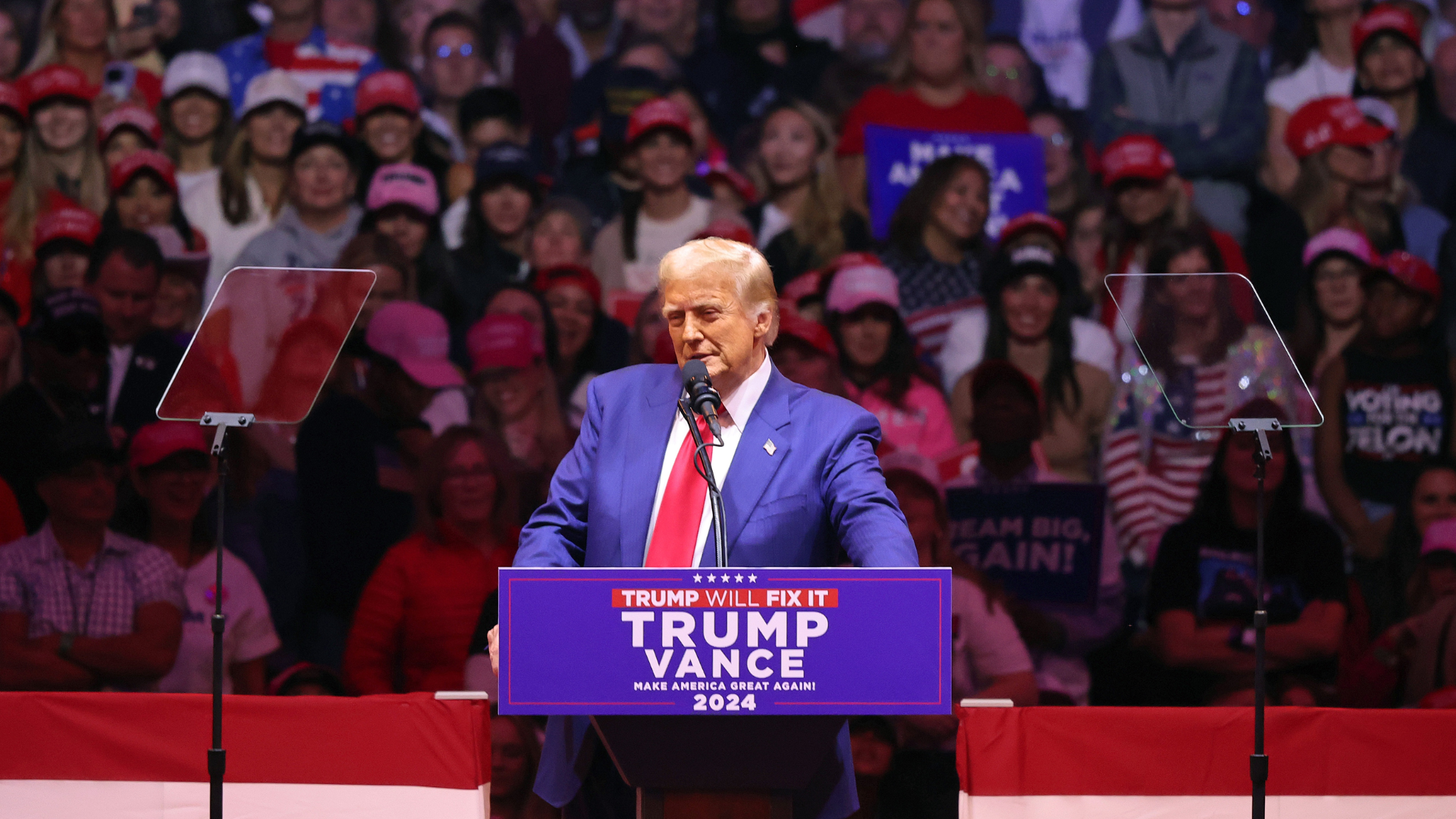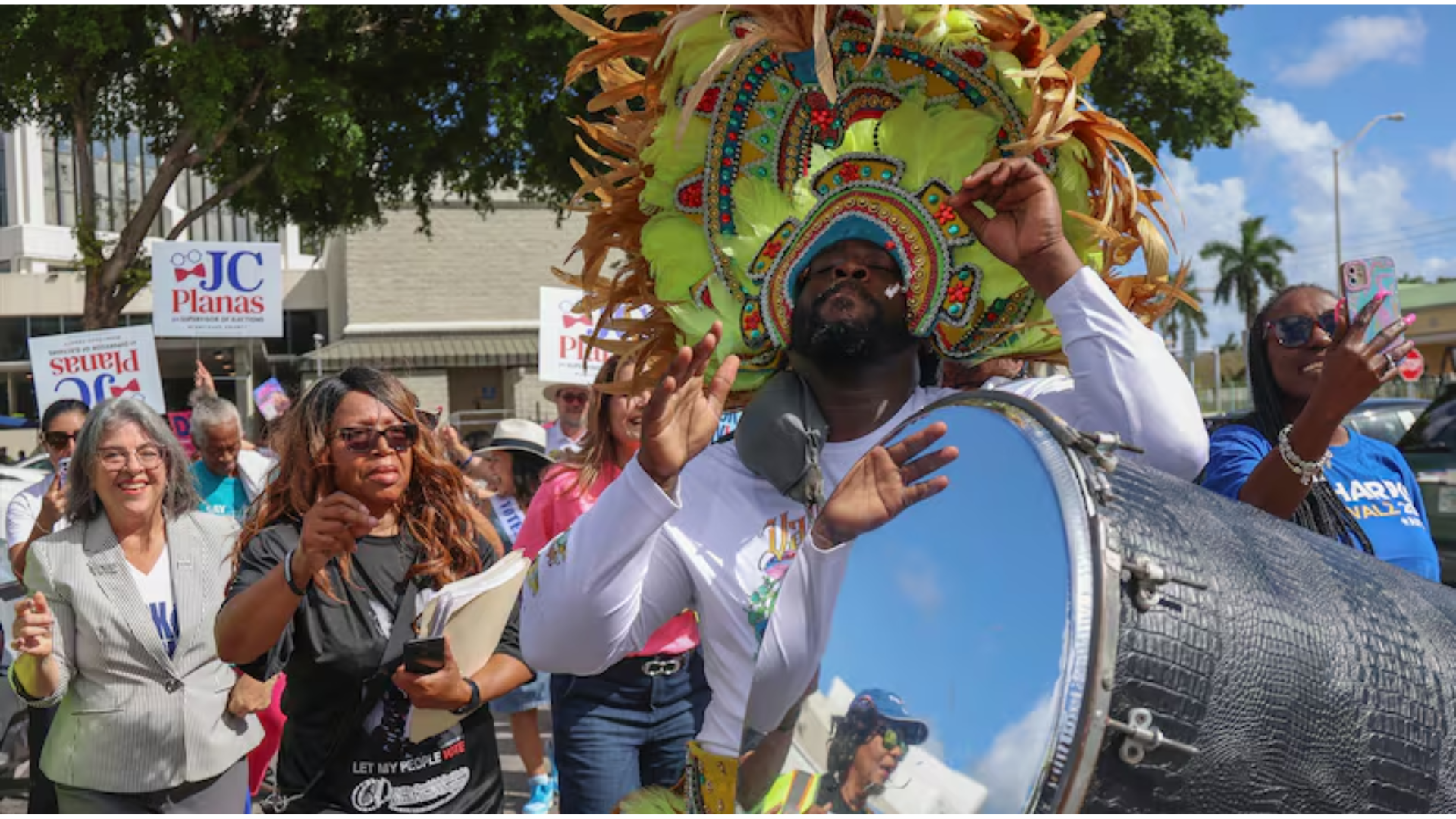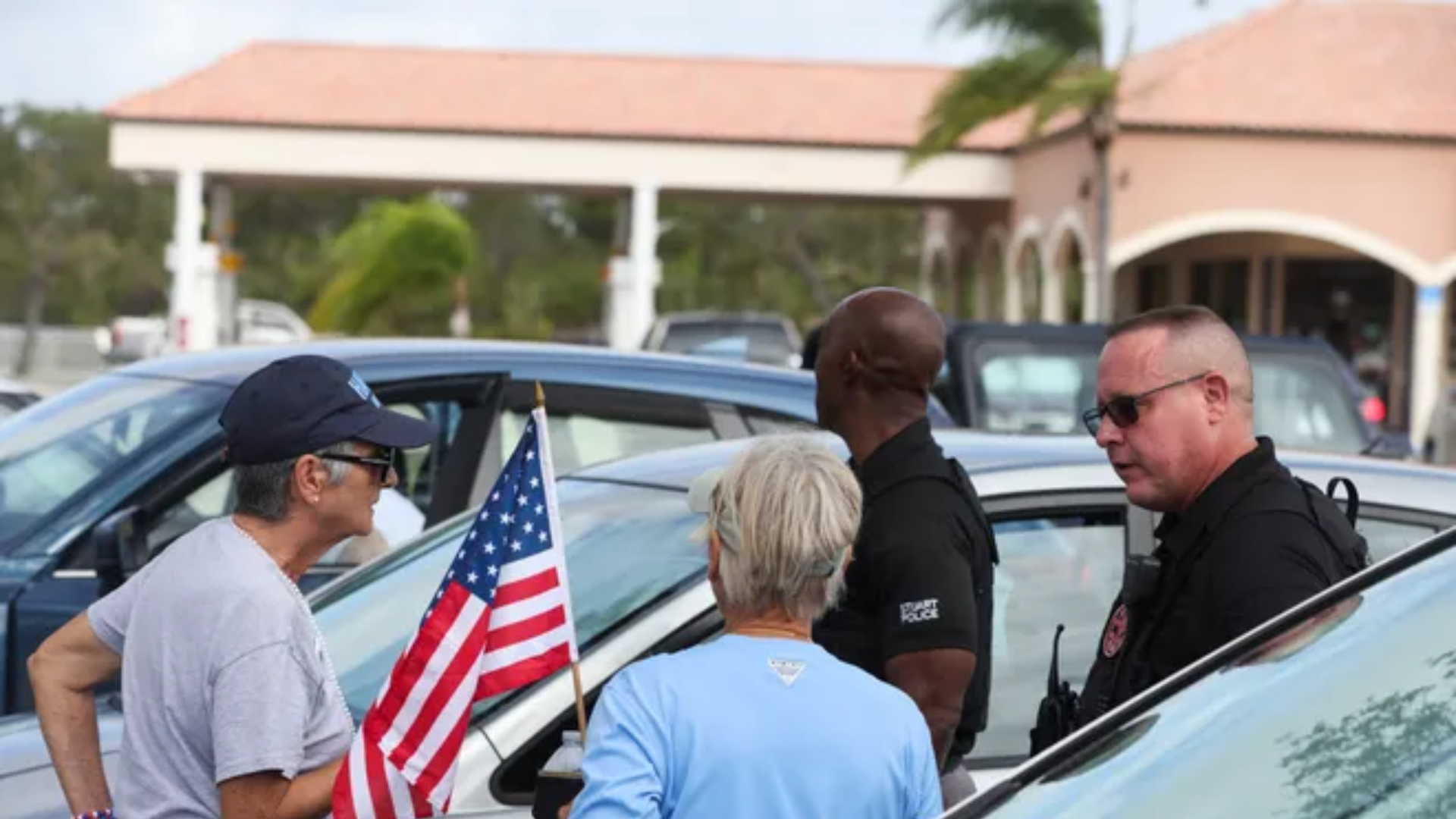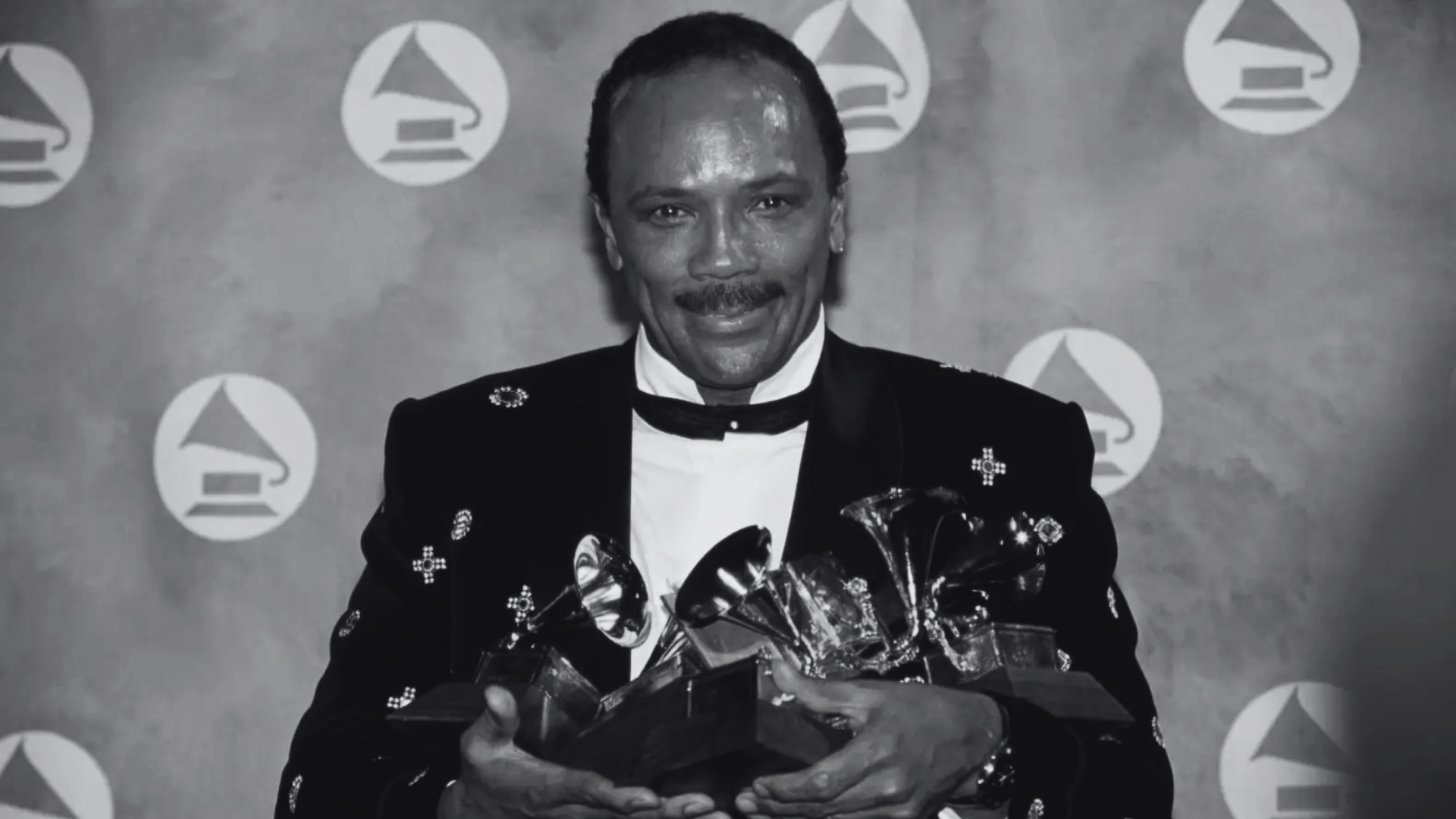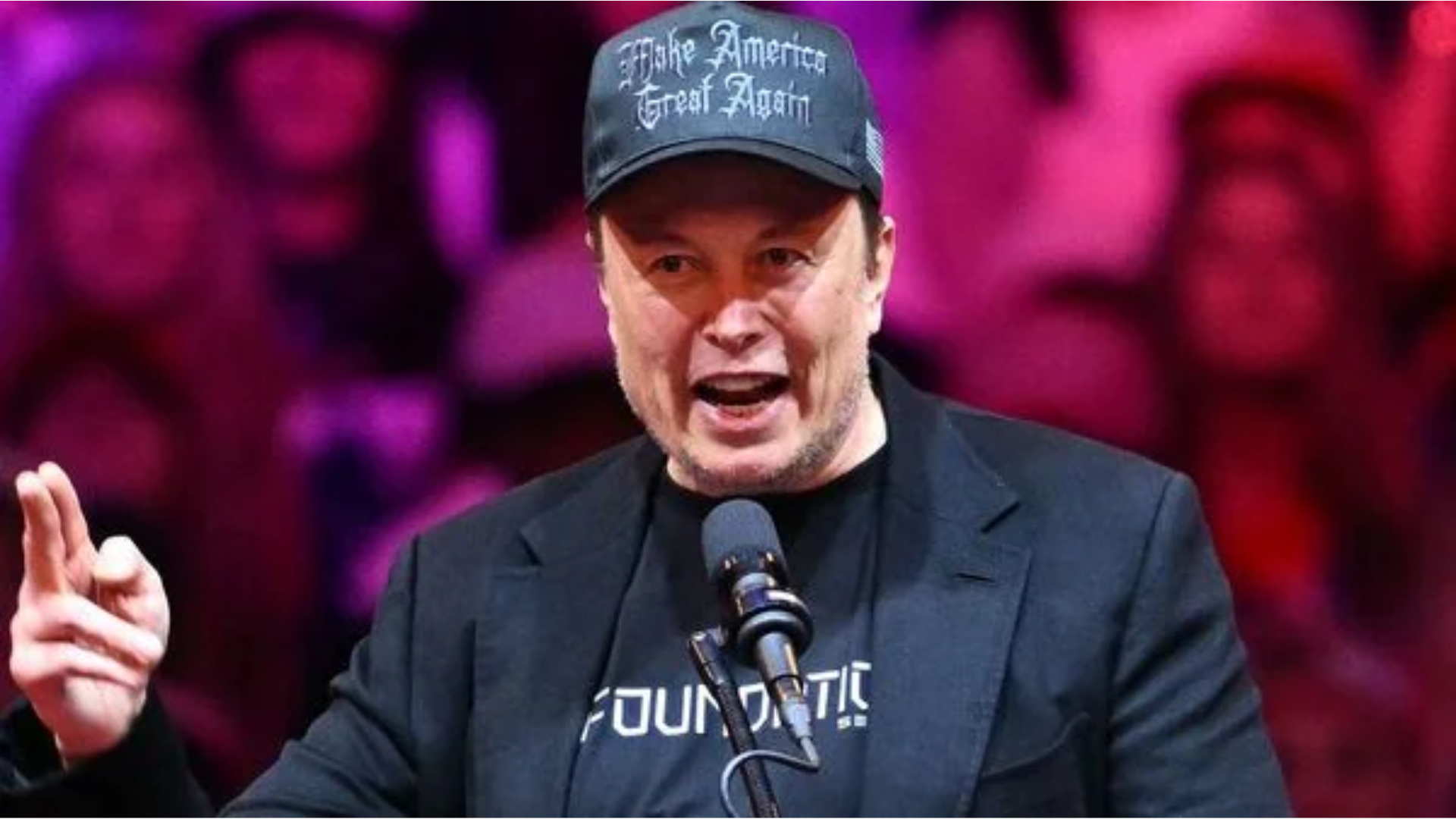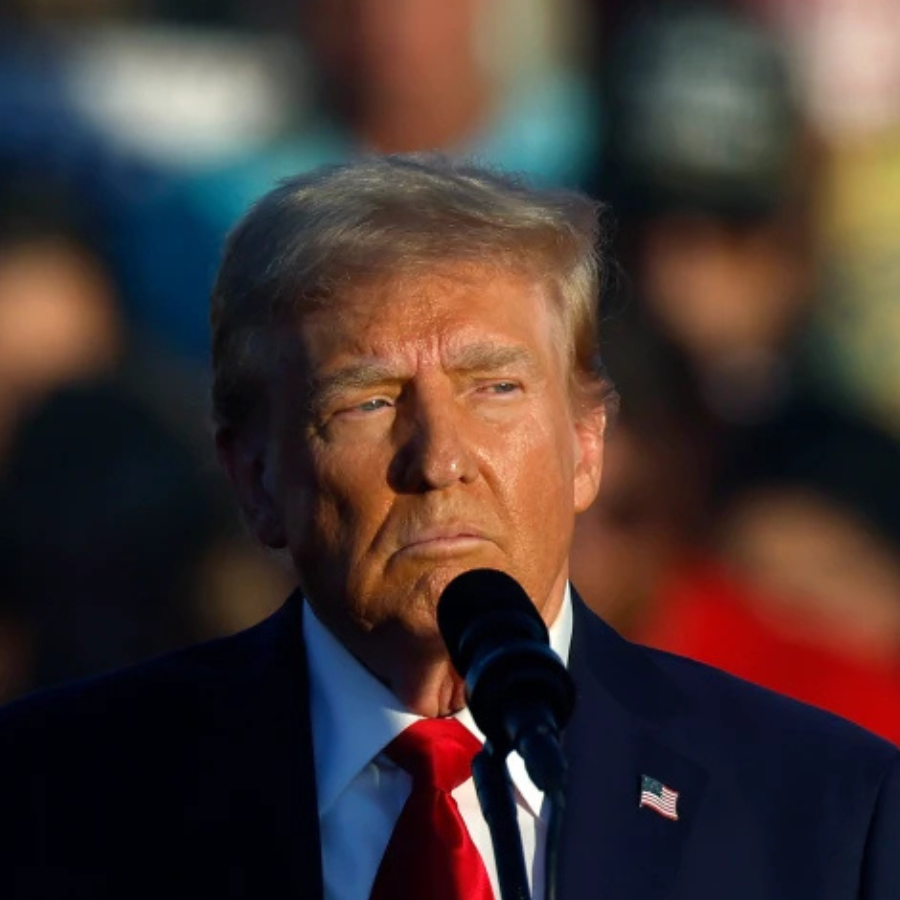
In a move reflecting growing security concerns, former President Donald Trump’s campaign has requested additional military-style security from the Biden administration. Amid reports of recent assassination attempts, Trump’s team is seeking protection similar to that provided to a sitting president, as confirmed by a source familiar with the matter.
The Trump campaign’s request, made by co-manager Susie Wiles, included armored vehicles, aerial protection, and temporary airspace restrictions to ensure Trump’s safety during appearances. Following her outreach, White House Chief of Staff Jeff Zients connected Wiles with Department of Homeland Security and Secret Service officials.
Zients also assured Wiles that President Biden directed the Secret Service to deliver the highest possible level of protection for Trump.
The campaign, citing the impact of these threats on Trump’s ability to campaign, has made further security requests to Secret Service Director Ronald Rowe. Among these was a proposal for special operations forces, though sources clarified that this particular request originated with the Secret Service. The measures aim to protect Trump against potential drone threats and other risks during public engagements.
Trump has faced two recent incidents involving armed threats: one at a July rally in Butler, Pennsylvania, where a shooter was neutralized, and another in September near his golf course in Florida, where Secret Service personnel apprehended an armed individual. The campaign has since modified Trump’s travel patterns and public movements, employing tactics to minimize predictability.
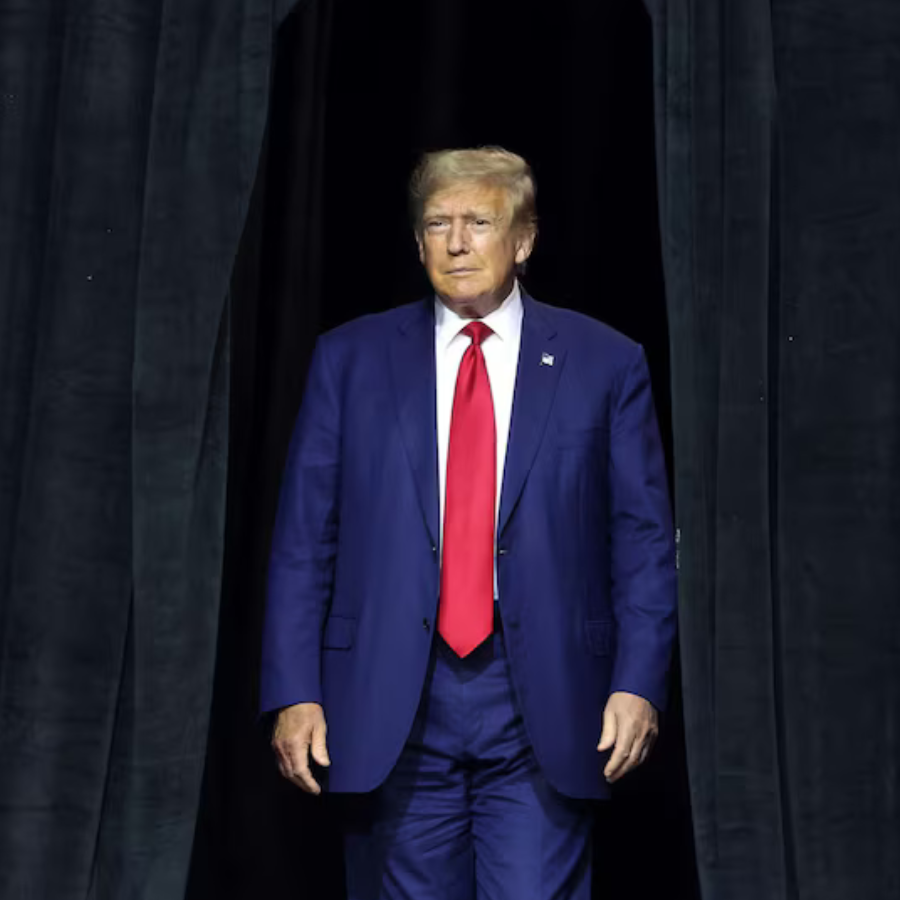
International threats have also been a concern, with briefings on assassination plots from Iran provided to both Trump and his team. The Secret Service, in response, has introduced enhanced measures, such as temporary flight restrictions over Trump’s properties, the deployment of unmanned aerial vehicles, and advanced counter-surveillance technologies.
Anthony Guglielmi, the Secret Service communications chief, highlighted these updates, affirming that Trump is currently receiving “the highest levels of protection.”
The Department of Defense has contributed by providing specialized support, including bomb disposal units and canine teams, to assist with Trump’s protection.
Guglielmi indicated that Trump’s security detail now resembles that of President Biden, though the campaign has sought even more substantial military assets. Pentagon and Secret Service officials have voiced concerns, noting that federal law restricts military involvement in domestic security, which limits what can be provided.
In August, Defense Secretary Lloyd Austin approved additional support for candidate protection through U.S. Northern Command, a move that included resources to counter potential chemical, biological, radiological, and nuclear threats. Such measures are standard for major political events, though the level of attention underscores the heightened security climate in this election cycle.
Despite Trump’s campaign seeking more extensive protection, some of their requests have not yet been met. A spokesperson for the Secret Service refuted claims of “inaction,” emphasizing that their protective measures for Trump have been comprehensive. Although frustration remains within the campaign, officials continue to ensure that Trump’s security is prioritized within legal and logistical limits.
Trump’s campaign also explored utilizing specialized aircraft, such as the Boeing C-17 or C-32, commonly used by senior government officials. However, this option appears unlikely due to logistical constraints with the election just weeks away. Retrofitting Trump’s private plane was considered but deemed impractical for similar reasons.
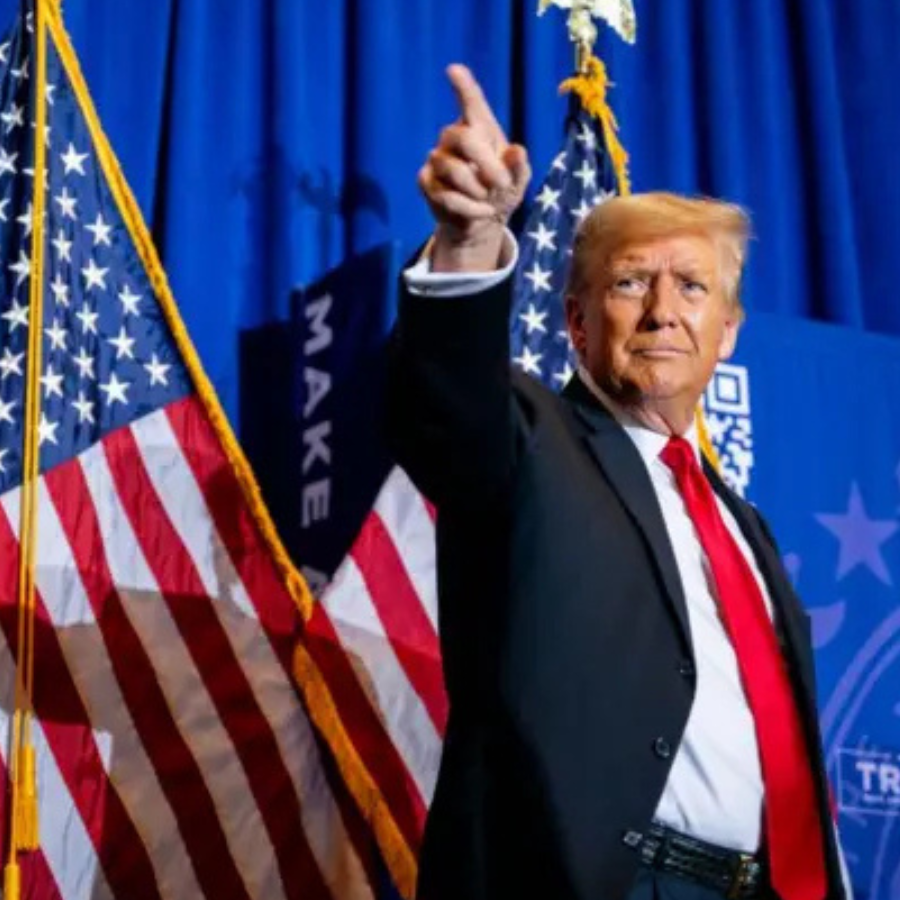
These requests highlight the unusual and significant measures required for Trump’s safety as he campaigns. The concerns and actions taken underscore the current political environment’s complexity and the unique security challenges faced by prominent figures. With enhanced security measures in place, the Trump campaign remains vigilant, balancing public appearances with safety protocols.
As the 2024 election approaches, Trump’s security will likely continue to be a focal point. The campaign’s calls for additional resources reflect the serious risks associated with political prominence today. Although Trump may not receive all the military assets requested, federal agencies appear committed to providing comprehensive protection for the former president.
